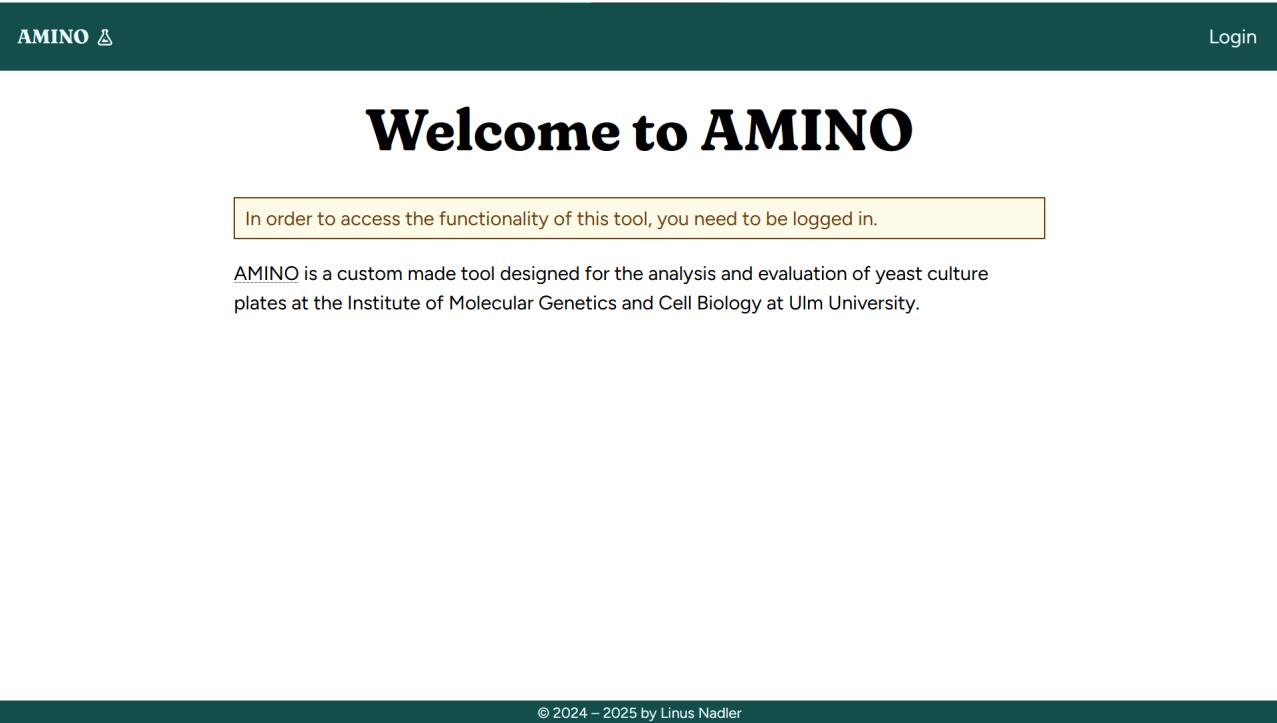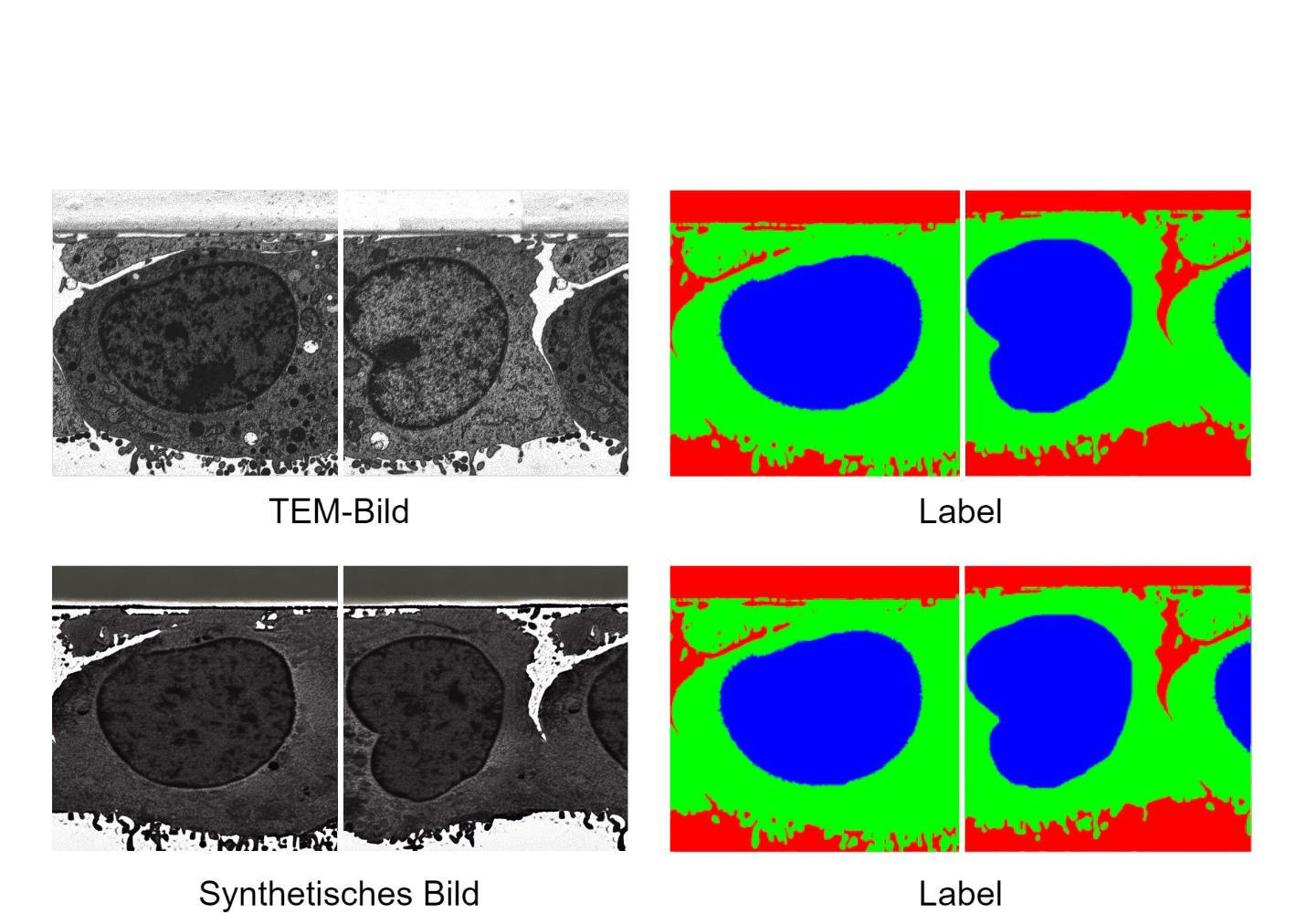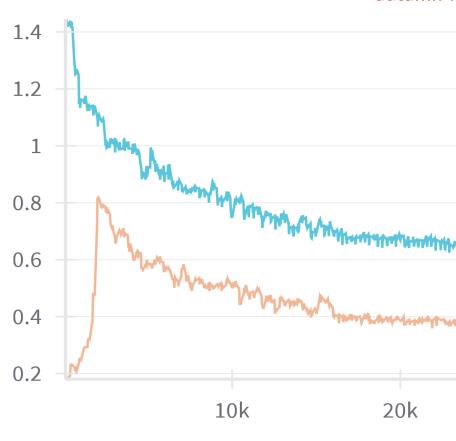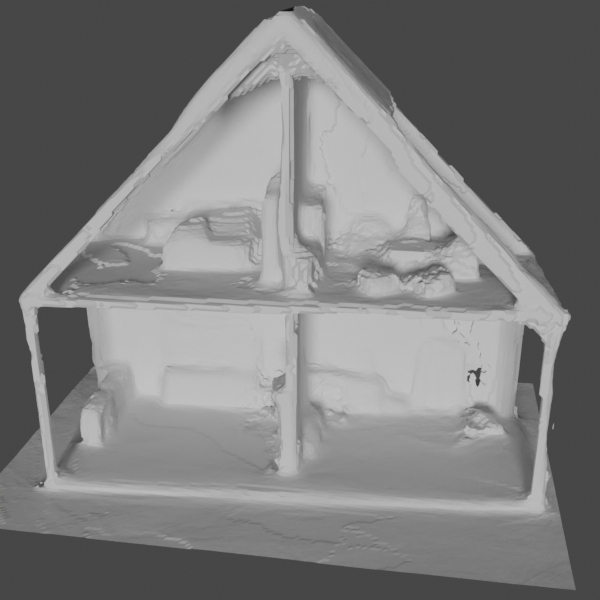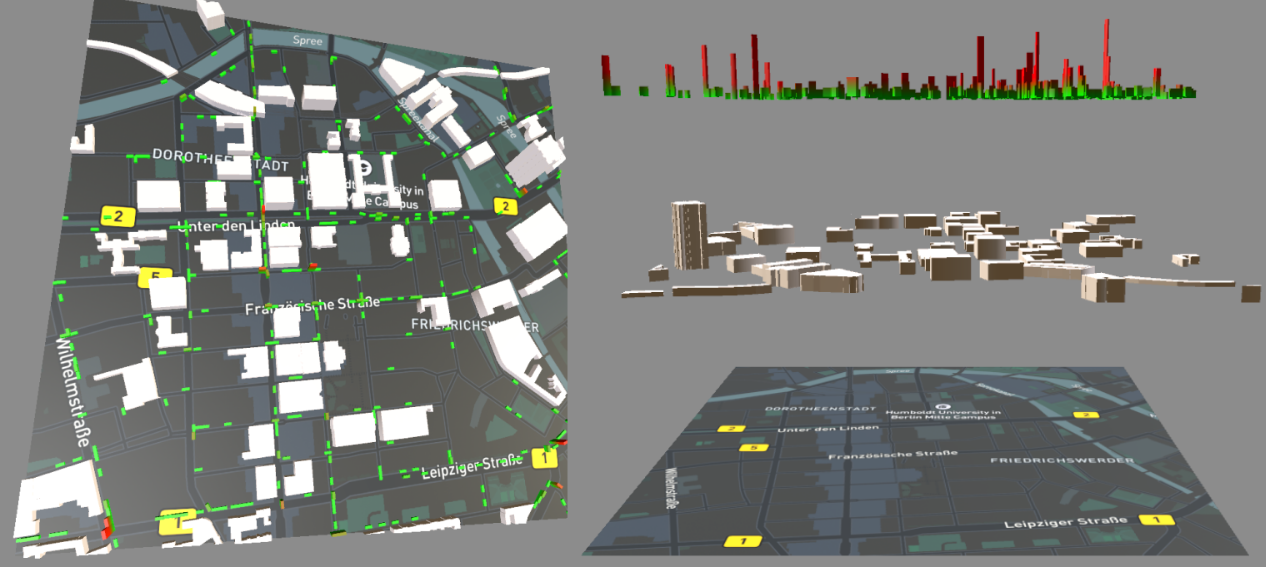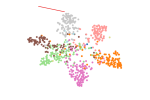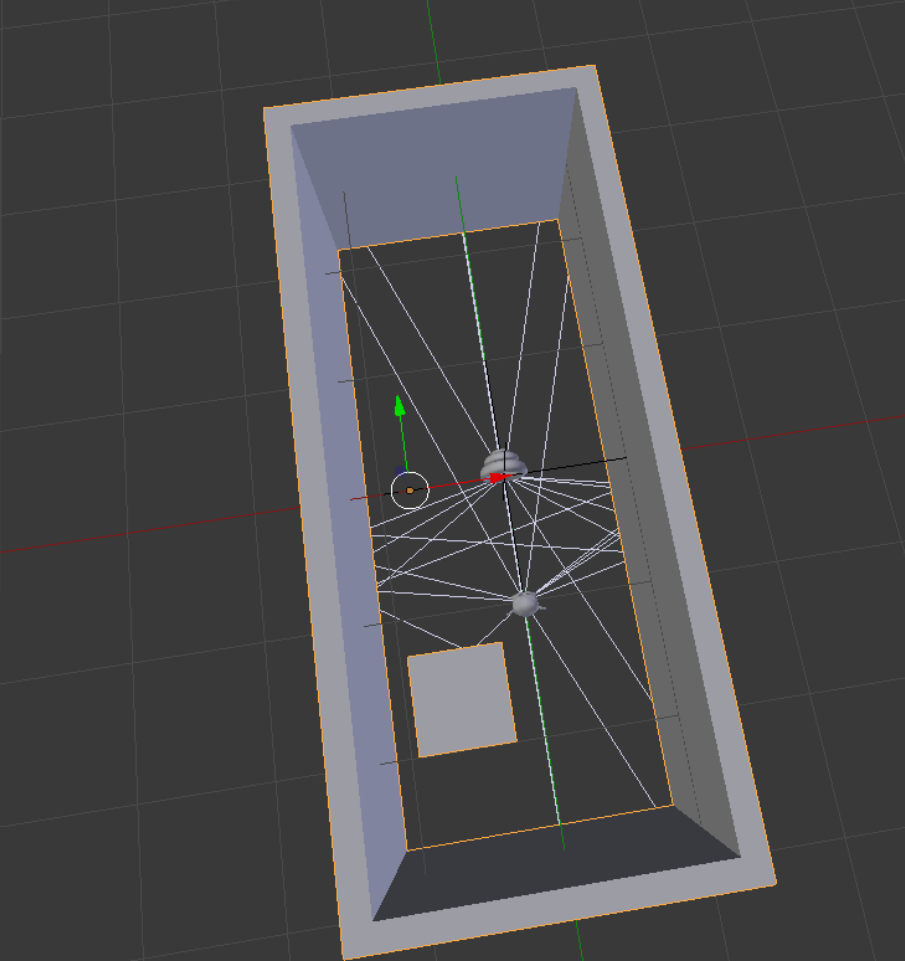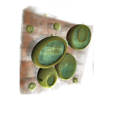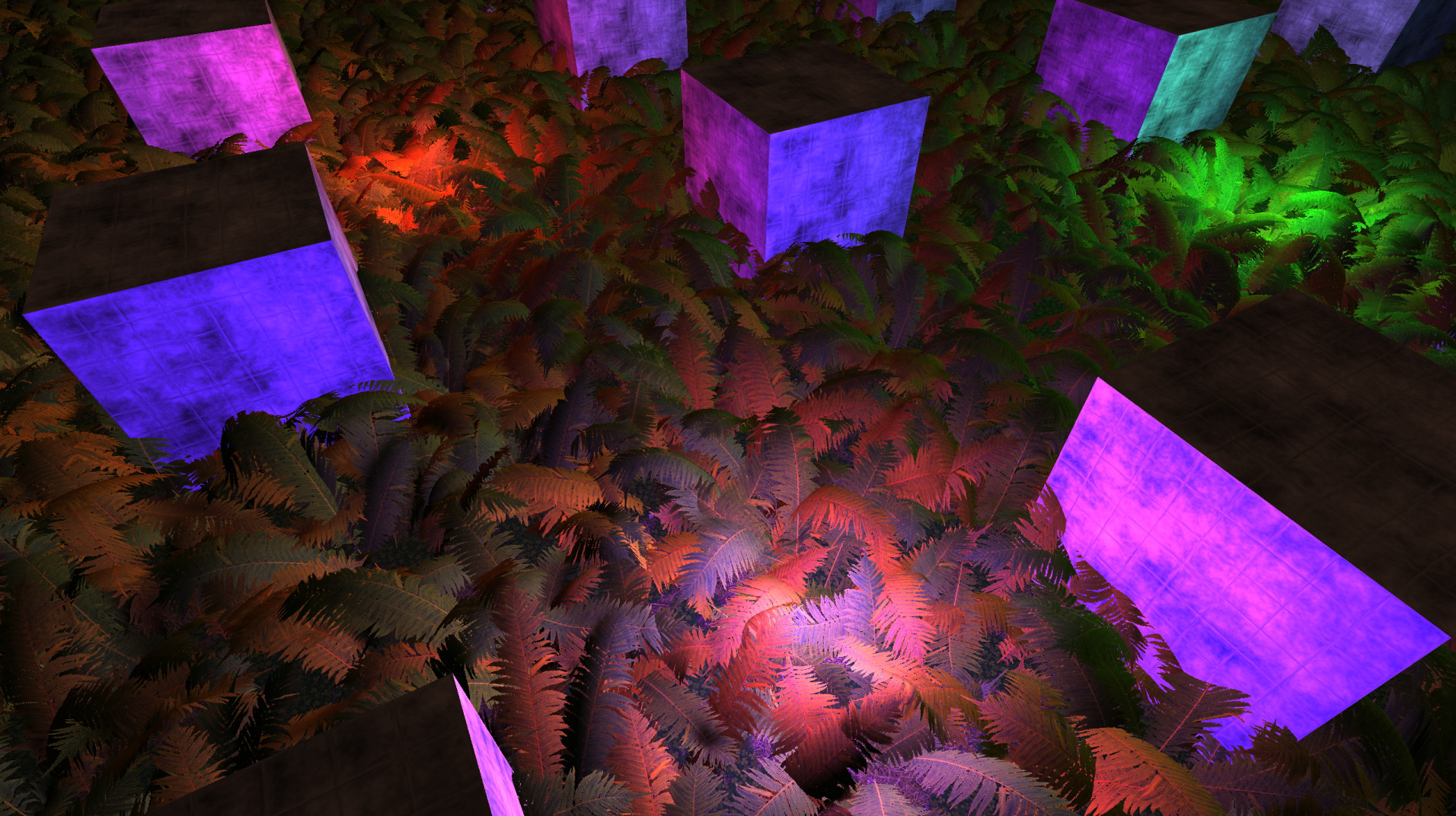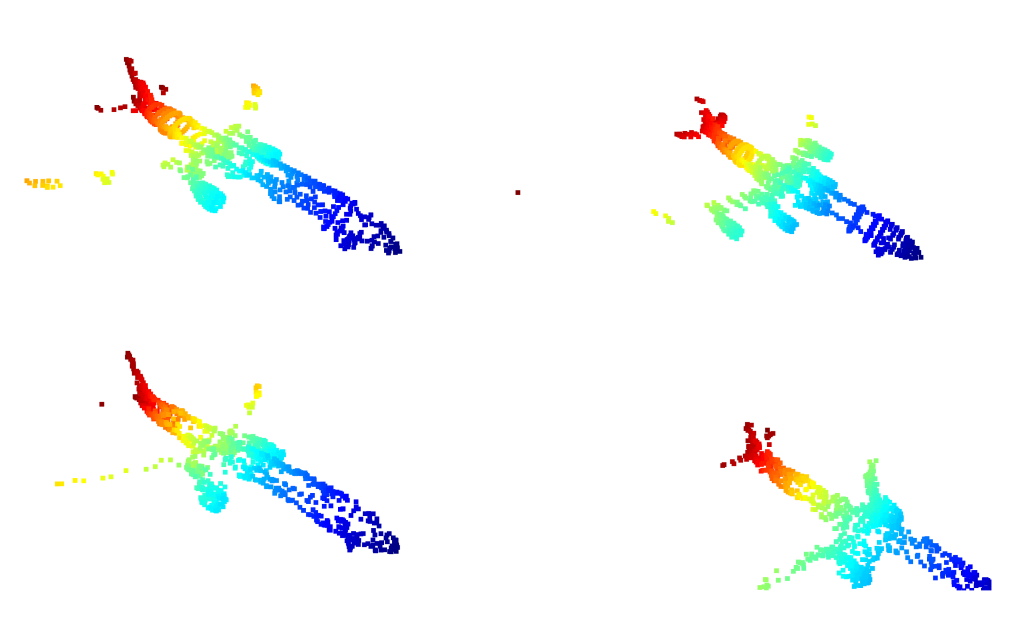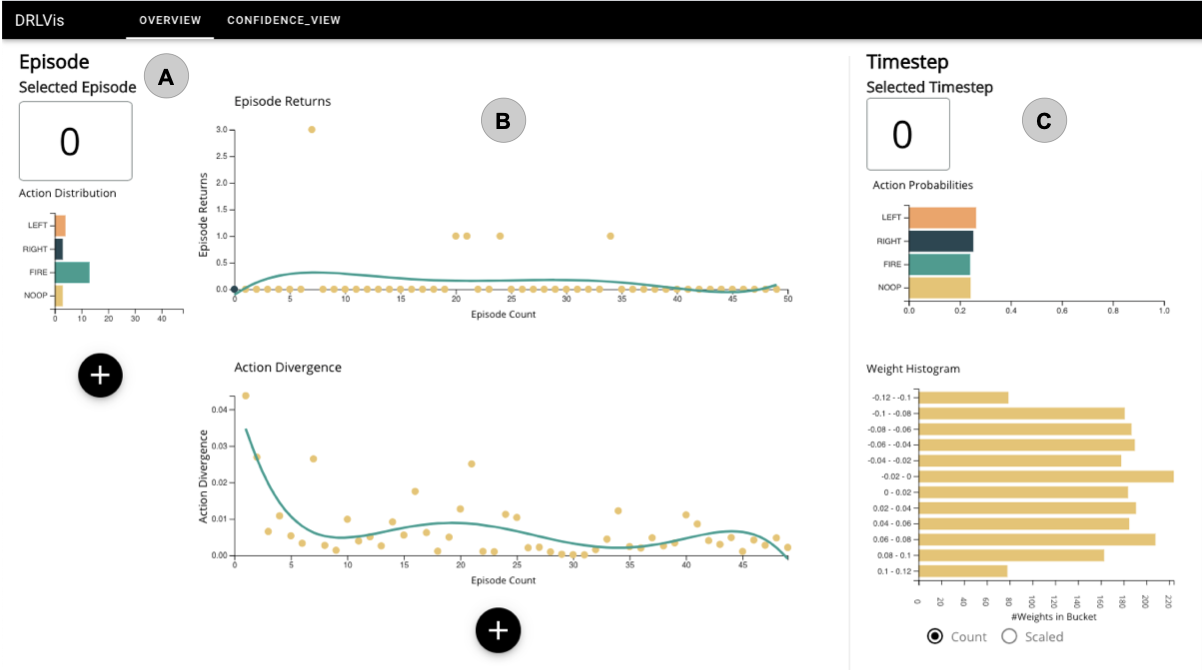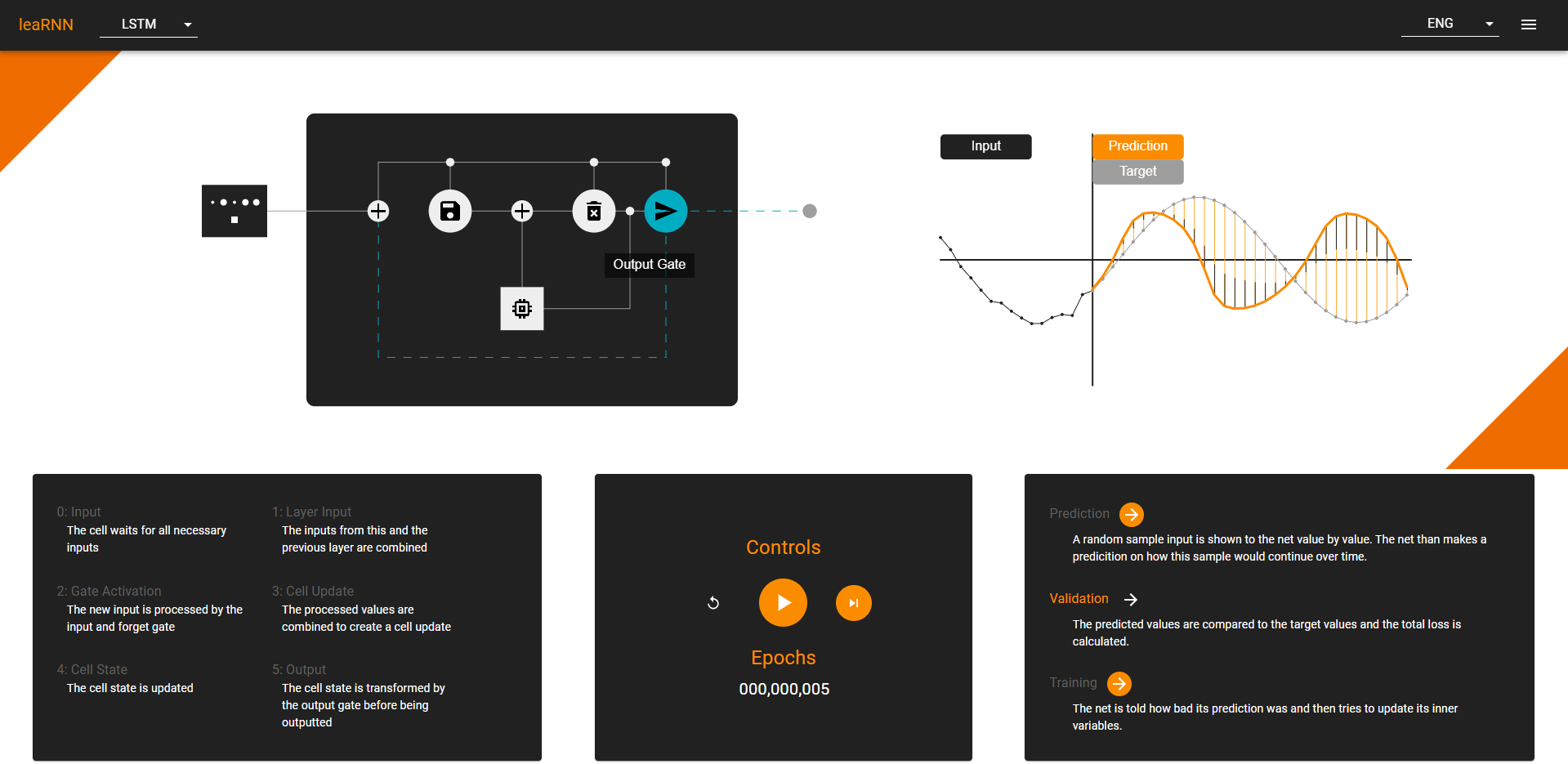Bachelor & Master Theses
Students studying Media Informatics, Computer Science, Software Engineering, or Cognitive Systems are very welcome to carry out their final thesis project (Bachelor or Master) with us. If you are interested, we recommend that you contact one of the research group staff directly.In the following, we give information about the topic selection, the thesis process, templates, and a list of concluded theses for your initial orientation.
Topic Selection
We always offer interesting topics in the areas of computer graphics, visualization, deep learning, explainable artificial intelligence, and a special focus on (bio-)medical applications. Students can either work on one of our currently open topics or develop a topic together with one of the research group staff, also on the basis of own ideas. The topics can have a practical as well as theoretical focus. Explorative user studies are also possible.Available Bachelor & Master Thesis Topics
Below is a list of currently available thesis topics for students.
Thesis Process
In general, the work on a final thesis project can be divided into multiple distinct phases:
- Planning Phase: In this phase, the student explores the topic and plans the thesis with the supervisor. By the end, draft versions of the abstract, introduction, and related work should be prepared, along with a preliminary project timeline. When choosing paper style writing of the thesis (details see below) the student must submit a half-page justification (i.e. specific novelty of their work), as paper style is for students aiming to submit their work to a journal, conference, or workshop.
- Implementation Phase: During this phase, the objectives defined in the planning phase are realized. This is typically the most time-consuming phase of the project.
- Writing Phase: In the final phase, the student writes the thesis in standard style (template) or paper style (template), covering the topic, related work, implementation, and results. Paper-style theses are limited to 8 pages (excluding references), with additional material placed in Supplementary Material. Theses may be written in German or English. Students should follow the Citeiquette guidelines of Ulm University when preparing their reports.
- Submission: The written thesis must be submitted to the Student Administration Office (Studiensekretariat), including a Declaration of Autonomy. No additional submission to the supervisor or examiner is required. However, all code and data associated with the thesis should be provided directly to the supervisor.
- Final Presentation: Once the thesis is completed, the student presents their work (usually within our research group meeting) using the presentation template. Bachelor’s students present for 10 minutes followed by a 5-minute discussion (10+5), while Master’s students present for 10 minutes with a 10-minute discussion (10+10). Dates are arranged in advance with the supervisor. Presentation slides must be submitted to the supervisor.
Throughout all phases, the student maintains close communication with the supervisor, regularly discussing progress and addressing any issues that arise.
All info can also be found here.
Templates
Below you can find templates for writing a thesis with our group.- Thesis Guidelines
- Planning document template
- Thesis template paper style
- Thesis template
- Presentation template
Topics of accomplished theses
Here you can find a list of completed Bachelor and Master theses.

